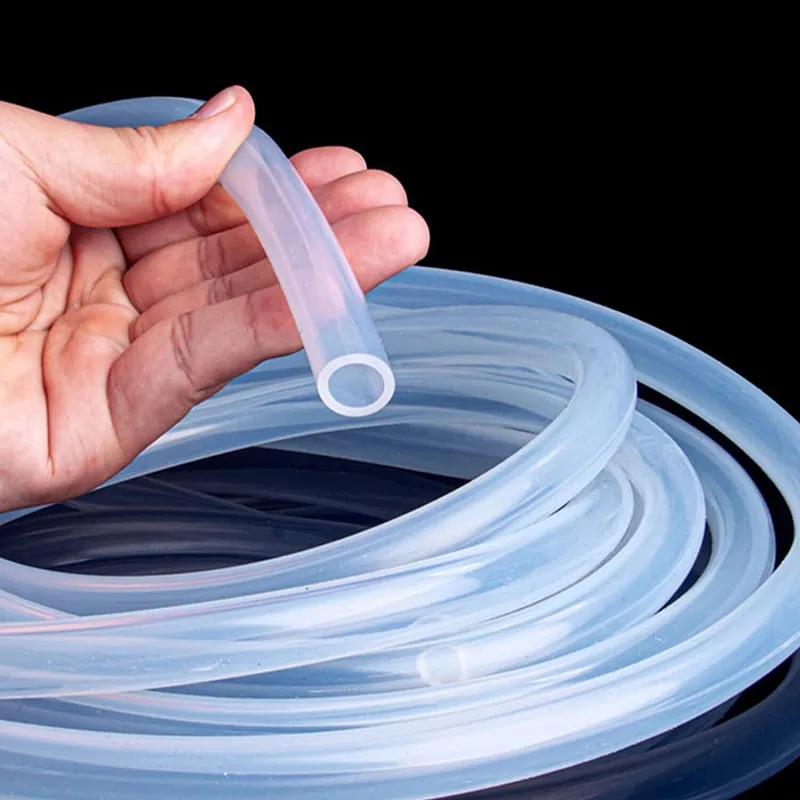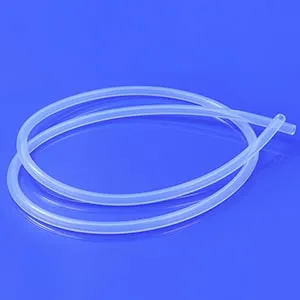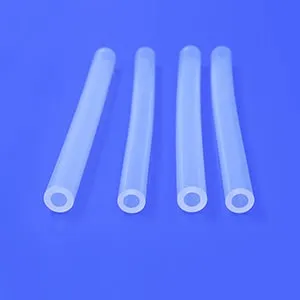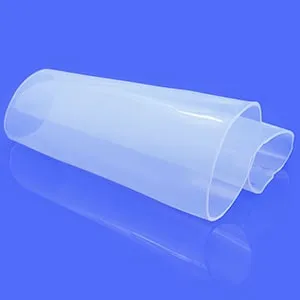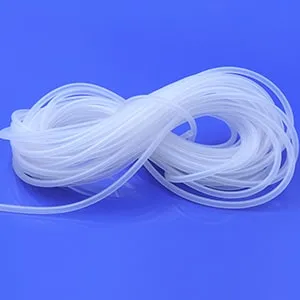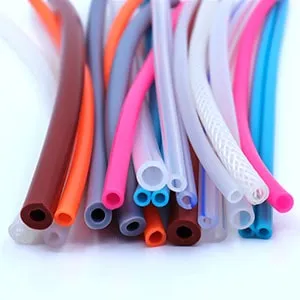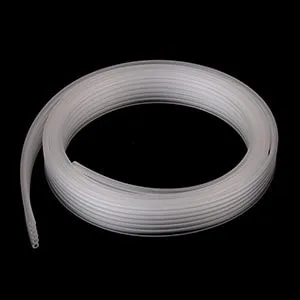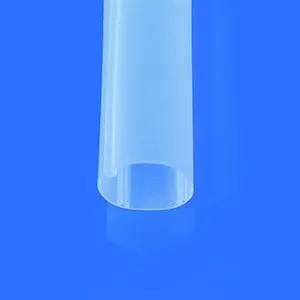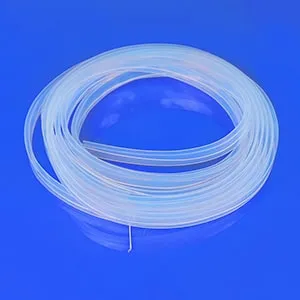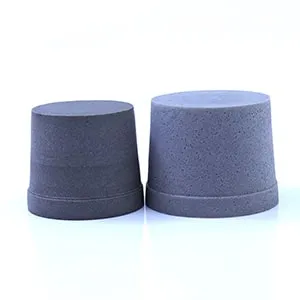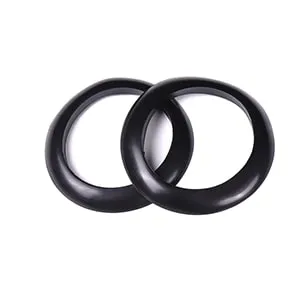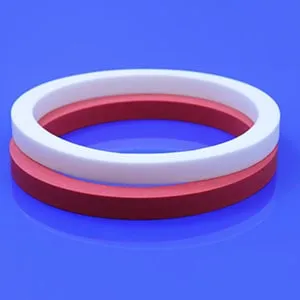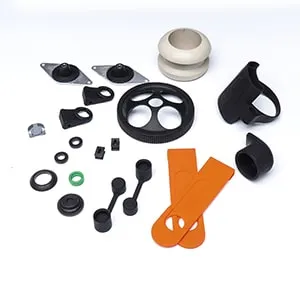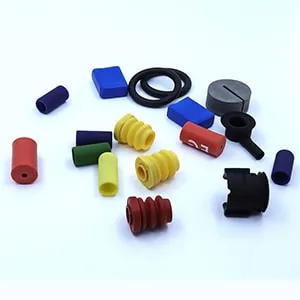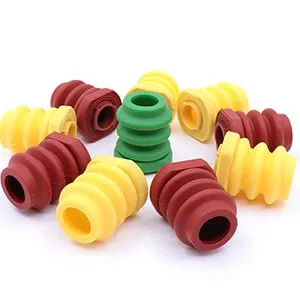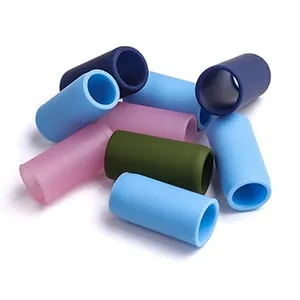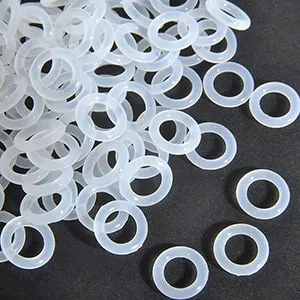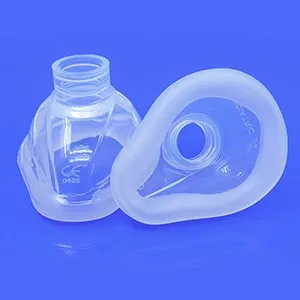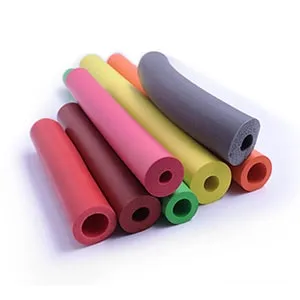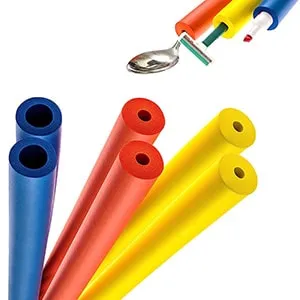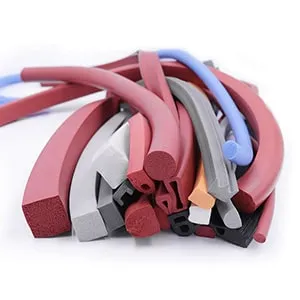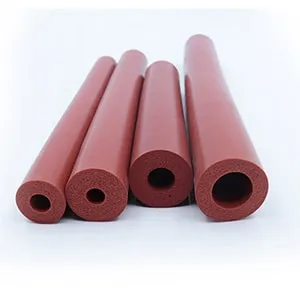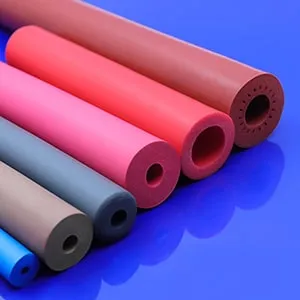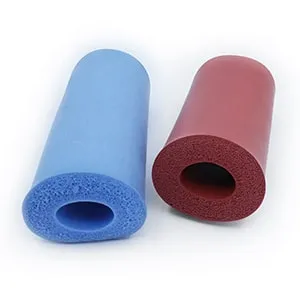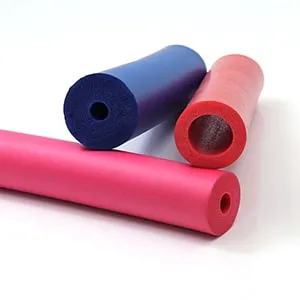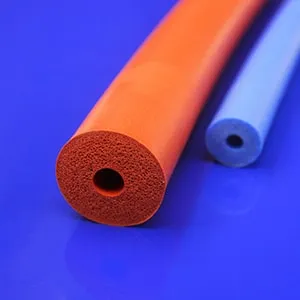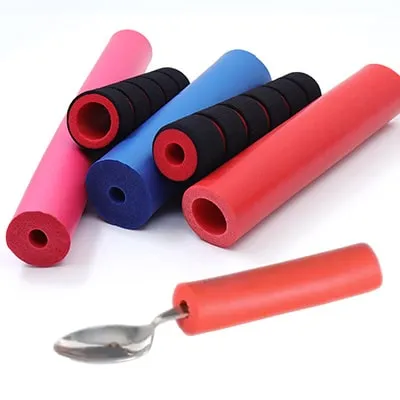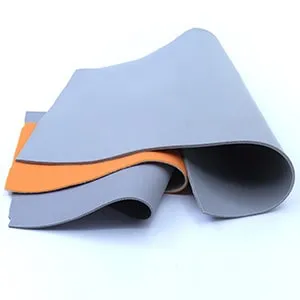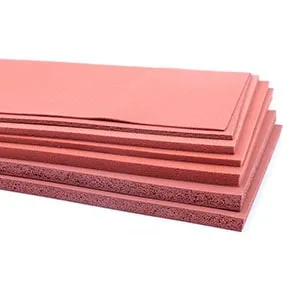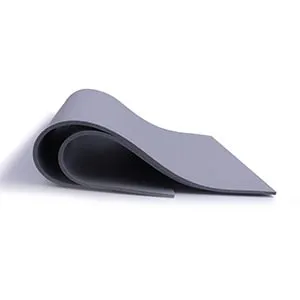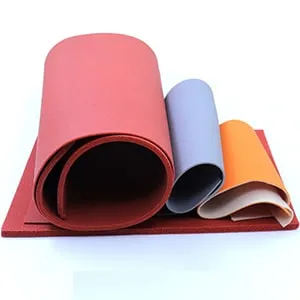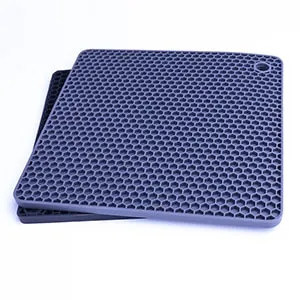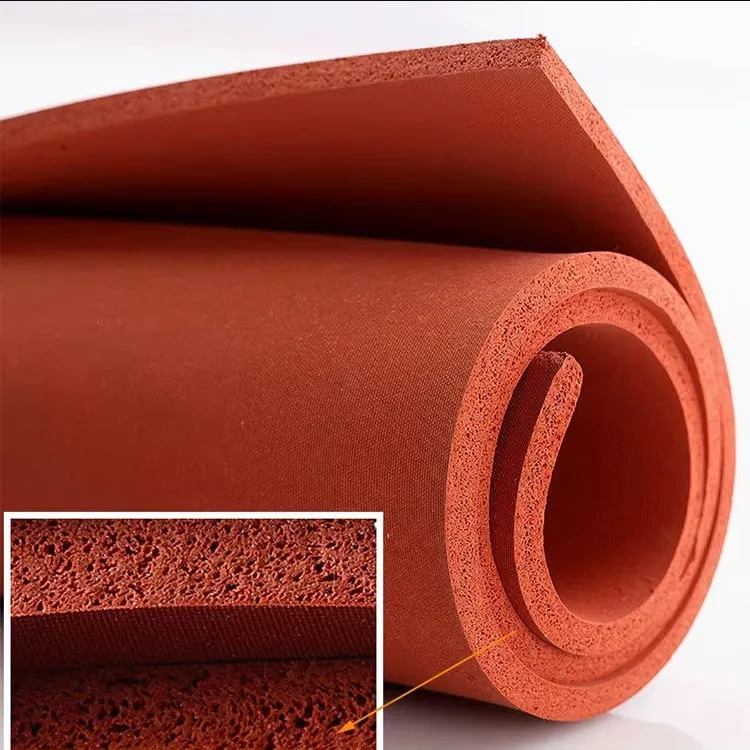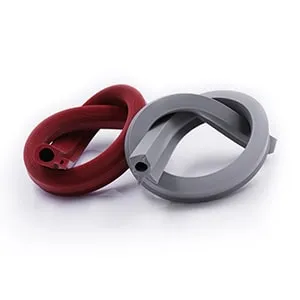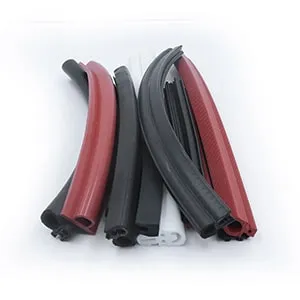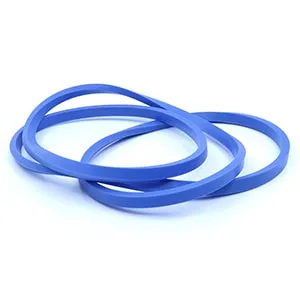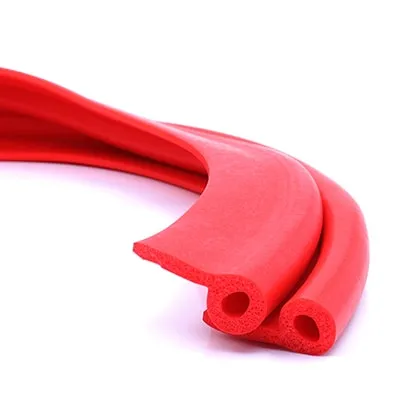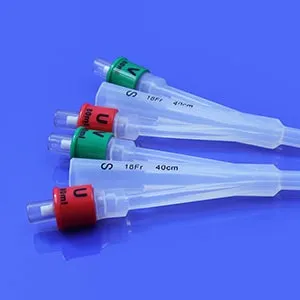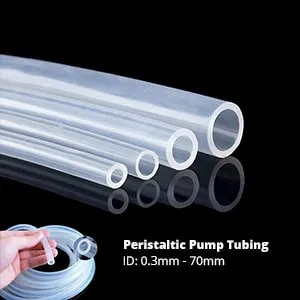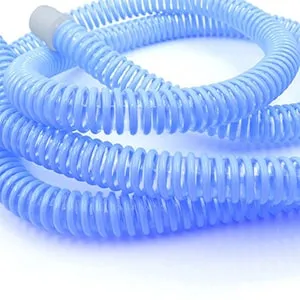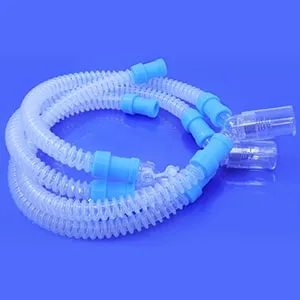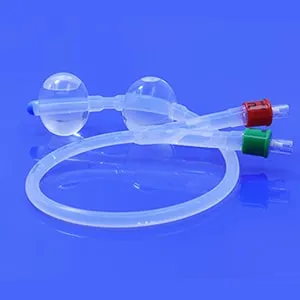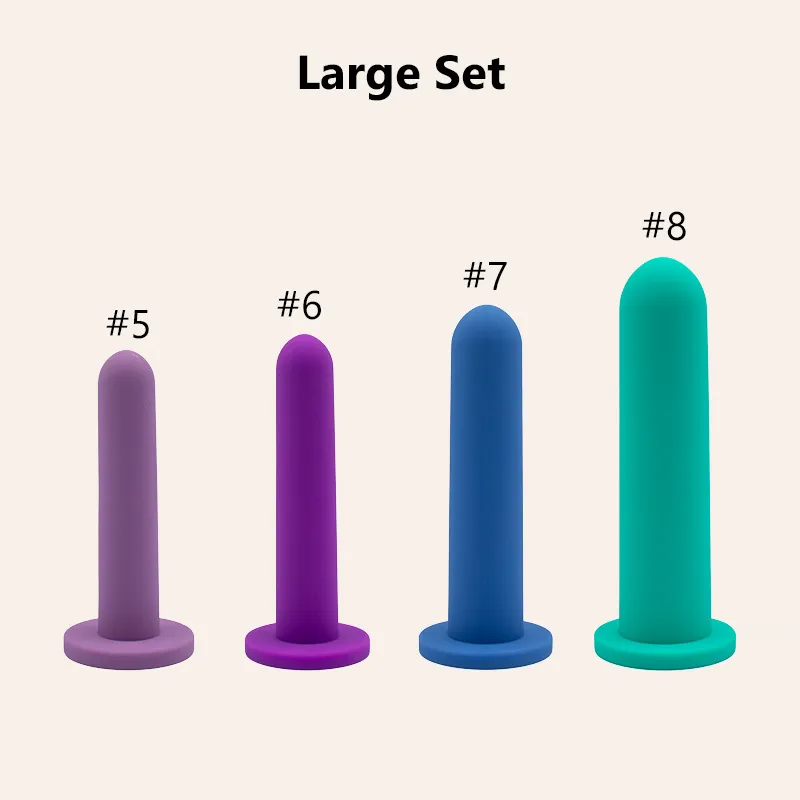Medical Silicone Tubing: Properties, Types and Applications

The global market for medical-grade silicone tubes is expanding swiftly. In 2022, the market size was approximately USD 1800 million and is projected to reach USD 2900 million by 2030, with a CAGR of about 6.5%. Medical silicone tubes are essential in the healthcare industry. These tubes meet rigorous biocompatibility standards, ensuring their safety for medical applications. Their flexibility and high-temperature resistance make medical silicone tubes perfect for a wide range of uses. Medical professionals depend on medical silicone tubes for their reliability and versatility in critical medical procedures.
Key Properties of Medical Silicone Tubing
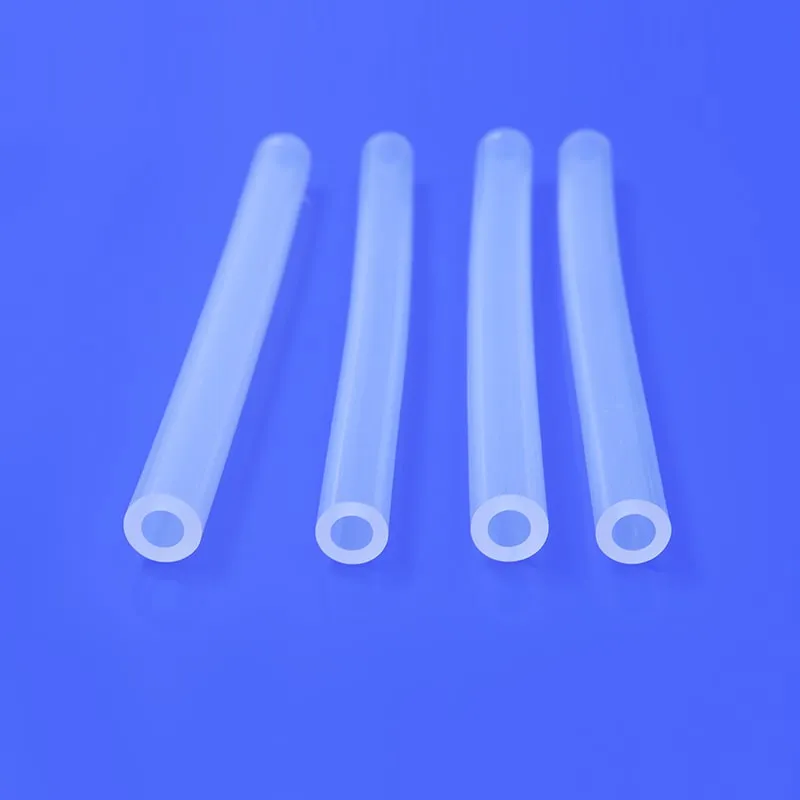
Biocompatibility
Medical silicone tubes exhibit exceptional biocompatibility. The material does not cause allergic reactions or rejection when in contact with human tissue. This makes medical silicone tubes ideal for implants and other medical products. Rigorous testing ensures the safety of these tubes in medical applications. Medical professionals trust medical silicone tubes for their non-toxic and non-allergenic properties.
Importance in Medical Applications
Biocompatibility plays a crucial role in medical applications. Medical silicone tubes must not harm patients. The material's compatibility with human tissue is vital. Medical-grade silicone tubing has been used for over 50 years. Its history proves its reliability in medical settings.
Comparison with Other Materials
Medical silicone tubes outperform many other materials. Some materials may cause adverse reactions. Medical silicone tubes avoid these issues. The non-reactive nature of silicone makes it superior. Other materials may lack the flexibility and safety of silicone.
Flexibility
Flexibility is a key feature of medical silicone tubes. The material bends easily without breaking. This property allows medical silicone tubes to adapt to various medical needs. Flexibility enhances the usability of medical devices.
Benefits in Medical Use
Flexible medical silicone tubes offer several benefits. The tubes can fit into tight spaces. This adaptability improves patient comfort. Medical procedures become more efficient with flexible tubing. Medical silicone tubes provide reliable performance in diverse conditions.
Examples of Flexible Applications
Medical silicone tubes find use in numerous applications. Catheters benefit from the flexibility of silicone. The tubes also serve in prosthetic implants. Flexibility ensures that medical silicone tubes meet specific medical requirements. Medical professionals rely on silicone tubing for its versatility.
Resistance to Temperature and Chemicals
Medical silicone tubes resist high temperatures and chemicals. This resistance makes them suitable for sterilization processes. Medical silicone tubes maintain integrity under extreme conditions.
High-Temperature Resistance
Medical silicone tubes withstand high temperatures. The material remains stable during sterilization. This property ensures the safety and cleanliness of medical devices. Medical silicone tubes perform well in environments requiring heat exposure.
Chemical Resistance Benefits
Chemical resistance is another advantage of medical silicone tubes. The material does not degrade when exposed to aggressive chemicals. This property allows for safe use in various medical applications. Medical silicone tubes ensure long-lasting performance in challenging conditions.
Types of Medical Silicone Tubing
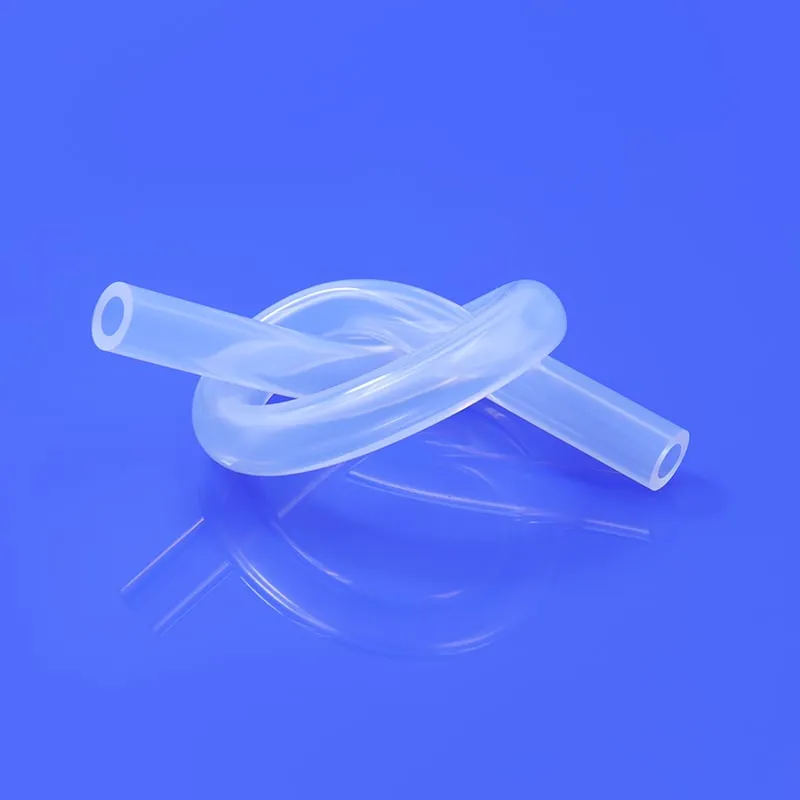
Platinum-cured silicone offers significant advantages in medical applications. This type of medical silicone tube undergoes a curing process using platinum as a catalyst. The process results in a purer and more stable product. Medical professionals value platinum-cured silicone for its low surface energy. This feature helps resist bacterial adhesion, enhancing safety in medical environments. The durability of platinum-cured silicone makes it a preferred choice for long-term medical use.
Advantages over Other Types
Platinum-cured silicone provides several benefits over other types of silicone tubing. The material exhibits superior biocompatibility, ensuring patient safety. Medical silicone tubes made from platinum-cured silicone show excellent resistance to high temperatures and chemicals. This resistance allows for repeated sterilization without degrading the material. The non-toxic nature of platinum-cured silicone ensures that medical devices remain safe for patient contact.
Common Uses in the Medical Field
Medical professionals use platinum-cured silicone tubes in various applications. These tubes are ideal for fluid handling systems due to their purity and flexibility. Medical-grade silicone tubing finds use in respiratory devices, where cleanliness and safety are crucial. The material's stability makes it suitable for peristaltic pumps and other medical equipment. Platinum-cured silicone tubes support critical medical procedures with their reliable performance.
Other Types of Medical Silicone Tubing
Other types of medical silicone tubes also play essential roles in healthcare. Each type offers unique properties that cater to specific medical needs.
Conventional Silicone Tubing
Conventional silicone tubing serves as a versatile option in medical settings. The material provides good flexibility and strength. Medical professionals use conventional silicone tubes in applications where moderate performance suffices. These tubes offer a cost-effective solution for non-critical medical procedures. The ease of cleaning and maintenance makes conventional silicone tubing a practical choice.
Specialty Silicone Tubing
Specialty silicone tubing addresses specific medical requirements. These medical silicone tubes undergo customization to meet unique demands. Specialty tubing may include features like enhanced chemical resistance or increased flexibility. Medical practitioners rely on specialty silicone tubes for niche applications. The ability to tailor these tubes ensures that they meet precise medical specifications.
Applications of Medical Silicone Tubing

Medical silicone tubes play a crucial role in catheters. The flexibility of a medical silicone tube allows it to navigate the body's pathways with ease. Medical professionals value silicone for its biocompatibility. The material does not irritate or harm tissues. This ensures patient comfort and safety during procedures.
Benefits of Silicone in Catheters
Silicone provides several benefits in catheter applications. The smooth surface of a medical silicone tube reduces friction. This minimizes discomfort for patients. The non-reactive nature of silicone prevents infections. Medical-grade silicone tubing withstands sterilization processes. This ensures cleanliness and safety in medical environments.
Case Studies or Examples
Case Study: Improved Patient Outcomes with Silicone Catheters
- A hospital implemented silicone catheters for urinary procedures.
- Patients reported reduced discomfort compared to previous materials.
- Infection rates decreased by 20% due to silicone's non-reactive properties.
- Medical staff noted easier insertion and removal, enhancing efficiency.
Prosthetic Implants
Medical silicone tubes serve an essential function in prosthetic implants. The adaptability of a medical silicone tube allows it to integrate seamlessly with the body. The inertness of silicone ensures compatibility with biological systems. This makes silicone a preferred choice for long-term applications.
Role of Silicone Tubing
Silicone tubing supports the structural integrity of prosthetic implants. The flexibility of a medical silicone tube enables natural movement. This enhances the functionality of prosthetics. The durability of silicone ensures longevity in implants. Medical-grade silicone tubing maintains performance over time.
Real-World Applications
Example: Enhanced Mobility with Silicone-Based Prosthetics
- A prosthetic limb manufacturer uses medical silicone tubes in joint areas.
- Users experience improved mobility due to the flexibility of silicone.
- The lightweight nature of silicone reduces strain on the body.
- Feedback from users highlights increased comfort and satisfaction.
Medical silicone tubes prove indispensable in both catheters and prosthetic implants. The unique properties of medical silicone tubing ensure safety, comfort, and efficiency in medical applications. Professionals rely on silicone for its unmatched performance in critical healthcare settings.
Customization and Medical-Grade vs. Conventional Silicone
Customization Options
Medical silicone tubes offer diverse customization options. Manufacturers tailor these tubes to meet specific medical needs. Customization ensures that each medical silicone tube fits its intended application perfectly. The flexibility of silicone allows for various shapes and sizes. This adaptability makes medical silicone tubes suitable for unique medical devices.
Tailoring to Specific Medical Needs
Medical professionals often require specialized tubing. Customization addresses these needs effectively. Each medical silicone tube can be designed with specific features. For example, some tubes may need enhanced flexibility. Others might require increased chemical resistance. Tailored solutions ensure optimal performance in medical settings.
Examples of Customized Solutions
Customized medical silicone tubes serve various purposes. Some tubes feature reinforced walls for added strength. Others incorporate special coatings to resist bacterial growth. Medical-grade silicone tubing can also have unique connectors. These connectors facilitate easy integration with medical equipment. Customization enhances the functionality of medical silicone tubes.
Medical-Grade vs. Conventional Silicone
Medical-grade silicone differs significantly from conventional silicone. The curing process distinguishes these two types. Medical-grade silicone uses a platinum cure system. This process results in a purer product. Medical silicone tubes made from this material exhibit superior quality.
Differences in Quality and Safety
Medical-grade silicone offers higher quality than conventional silicone. The material undergoes rigorous testing. This ensures safety in medical applications. Medical silicone tubes must meet strict biocompatibility standards. Conventional silicone lacks these stringent requirements. Therefore, medical-grade silicone provides better safety for patients.
Importance in Medical Applications
Medical applications demand high-quality materials. Medical silicone tubes play a crucial role in healthcare. The non-toxic nature of medical-grade silicone ensures patient safety. Medical professionals rely on these tubes for their durability and reliability. The inertness of medical silicone tubes prevents adverse reactions. This makes them indispensable in medical procedures.
